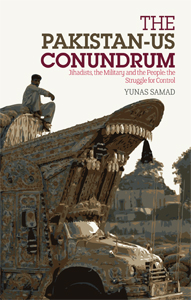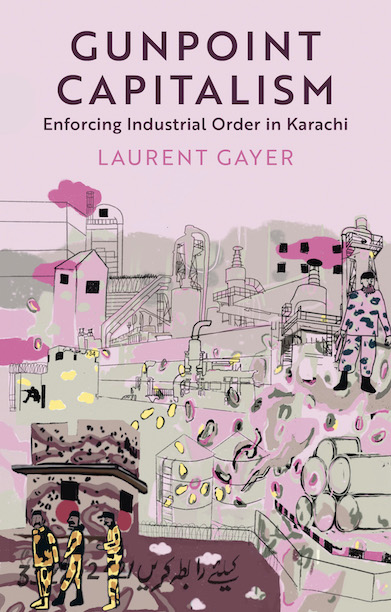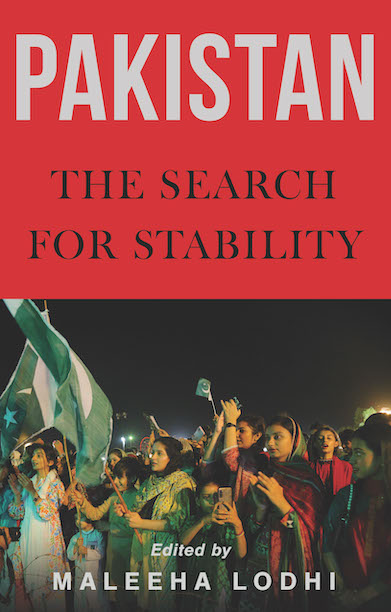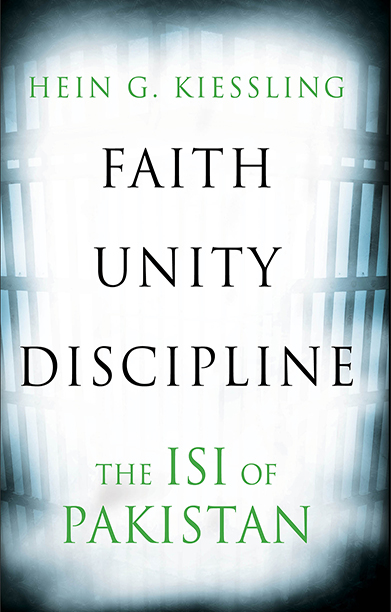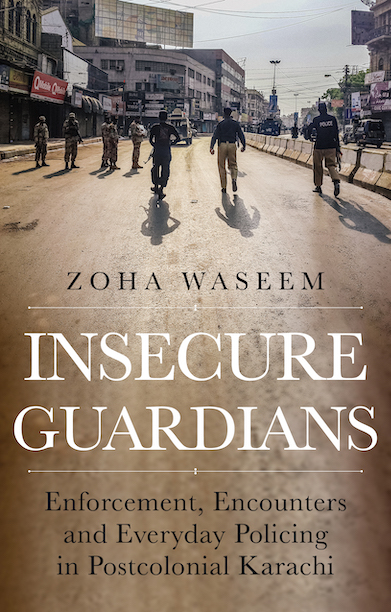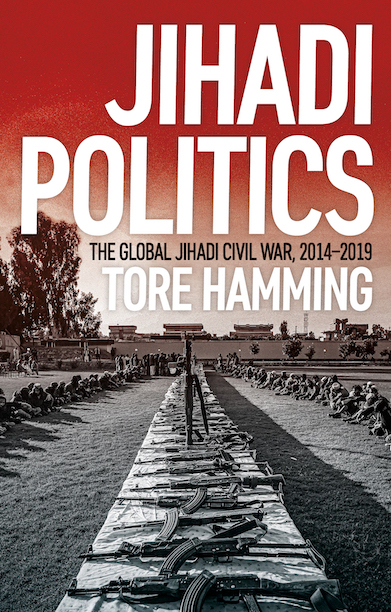Description
Yunas Samad’s trenchant analysis of contemporary Pakistan features five main players: the people, the army, the Islamists, the politicians and the Americans. His book explains how a series of alliances borne of political and strategic expediency between the US and the military, between these parties and the Afghan mujahidin, and between various Pakistani politicians and some or all of the above – have continually undermined the state to the extent that its very existence is now in jeopardy. Much of the country is now under the de facto control of an indigenous, ‘Pakistani’, Taliban, whose writ is extending to Swat, Punjab and Sind along with its traditional bastion in the North West Frontier. Yet even in this parlous situation Pakistan’s military and intelligence apparatus continue to be obsessed with waging a proxy war against India, whether in Kashmir or Afghanistan, at the expense of their own state’s stability, while some elements now, paradoxically, see American influence in Afghanistan as a greater threat to Pakistan than the traditional foe across its eastern border. These high stakes contests for strategic and political power have also harmed Pakistan’s economy, argues Samad, impoverishing many of its people while the military ‘state within a state elite’ benefits from American largesse and a tiny business elite enjoys the rich pickings of the of neo-liberal policies enacted at the behest of the World Bank and other international agencies. In conclusion Samad returns to his key themes: explaining how ordinary Pakistanis have been ignored by the country’s military and civilian rulers, how their material circumstances have steadily deteriorated over the last twenty or more years and how grand strategic designs fashioned in Islamabad and Washington continue to undermine political life and have ushered in forms of Islamist and sectarian politics that were largely unknown in Pakistan.
Reviews
‘Yunas Samad’s study warrants a prominent place in the body of literature on Pakistan. … essential for a fuller understanding of contemporary Islamic Pakistan and the tensions within the Pakistan-US conundrum.’ — Journal of Islamic Studies
‘This study challenges much of the received wisdom. It takes us through a thicket of complexities and ambiguities with clarity, insight and more than a few surprises. We encounter American misperceptions and counterproductive actions; and an illuminating assessment of the Taliban and Al Qaeda – well rooted in the daunting complications in Afghanistan and Pakistan’s border regions, before and after 9/11. The analysis of Pakistan is especially rich – covering politics and fraught relations with the U.S., under military and elected governments; the army’s crucial importance; the economy; the roles of religion, ethnicity and regionalism; relations with India and the problem of Kashmir. This analysis is timely and careful, and will be impossible to ignore.’ — Professor James Manor, School of Advanced Study, University of London
‘Yunas Samad’s careful exploration of the relationship between the US and Pakistan exposes the inconsistencies and wishful thinking lying behind the strategies of the West in Central and South Asia. It reveals the roots of jihadism and explains, precisely, why it has proved so difficult to contain.’ — David Washbrook, Senior Research Fellow, Trinity College, Cambridge
‘This is an important book that needs to be read for its deep understanding of Pakistan’s history and for its analytical brilliance about the contemporary social and political situation. It challenges the internationally sponsored security driven agenda for the region and provokes us to think seriously about Pakistan and its people with empathy and in solidarity. In doing so, the study shows us a way out of the current quagmire by encouraging the deepening of democracy and by initiating meaningful social and economic reforms that benefit the people of Pakistan.’ — Kamran Asdar Ali, Associate Professor of Anthropology and Director, South Asia Institute, University of Texas, Austin
‘This book is an important contribution, as a theoretical and contextual discussion of a country that remains only poorly understood by social scientists. It explores issues of central importance to the study of Pakistan, including, especially, in-depth discussions of the rise of Jihadi Islam, the impact of the Afghan war on politics, religion and society, the role of emergent forms of ethnic identity in moments of violent conflict in present-day Pakistan, and the nature of violence in the country more generally.’ — Dr Magnus Marsden, SOAS, University of London, author of Living Islam: Muslim Religious Experience in Pakistan’s North-West Frontier
‘[Samad] is particularly strong when it comes to analysing the religious politics of Pakistan both in terms of the role of the religious parties which, while seldom attracting many votes, nonetheless exercise significant social influence, and the growing array of religious movements, in particular what he refers to as a ‘sea’ of Deobandi movements (a number of which have espoused violence, including against the Pakistani state). He is also strong on the rise of the Pakistani Taliban, the complex politics of counter-insurgency in the tribal areas and the dynamic within Kashmir. … Samad’s analysis in this useful work of reference is consistently thought-provoking.’ — Survival
‘An insightful analysis of the paradoxical relationship between America and Pakistan from a broader political and historical perspective … The book is a valuable addition to contemporary literature on US–Pakistan relations and Pakistan.’ — Contemporary South Asia
‘Samad’s useful contribution provides a balanced discussion of this tumultuous relationship and its possible future directions … the book provides a nuanced discussion of the rise of militancy and jihadi Islam (including why it has proven so difficult to contain), the country’s socioeconomic mosaic and deepening economic problems, and how best to promote democracy and meaningful development in this fractured and troubled country. Students as well as experts will benefit from this book.’ — Choice
‘[Samad is] an author with enormous knowledge of the region, profound understanding of its social and political complexities, and a passionate concern for its future.’ — Middle East Journal
‘A comprehensive background on a country that will be vital to US national security interests for years to come.’ — Asian Affairs
Editor(s)
Yunas Samad is Senior Lecturer in Sociology at the University of Bradford. He is the author of Nation in Turmoil: Nationalism and Ethnicity in Pakistan 1937-58, and co-author, with Gyan Pandey, of Faultlines of Nationhood.
